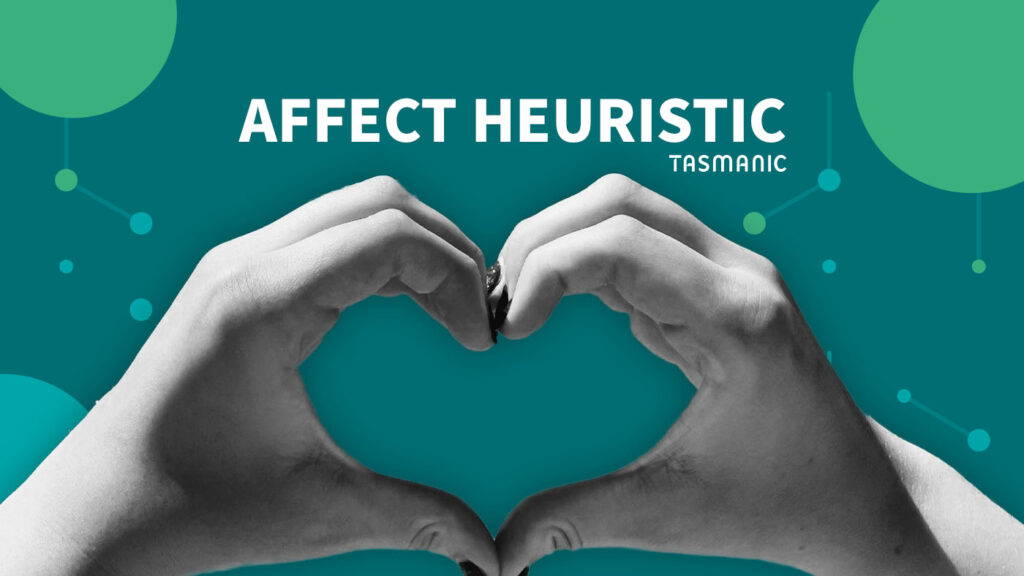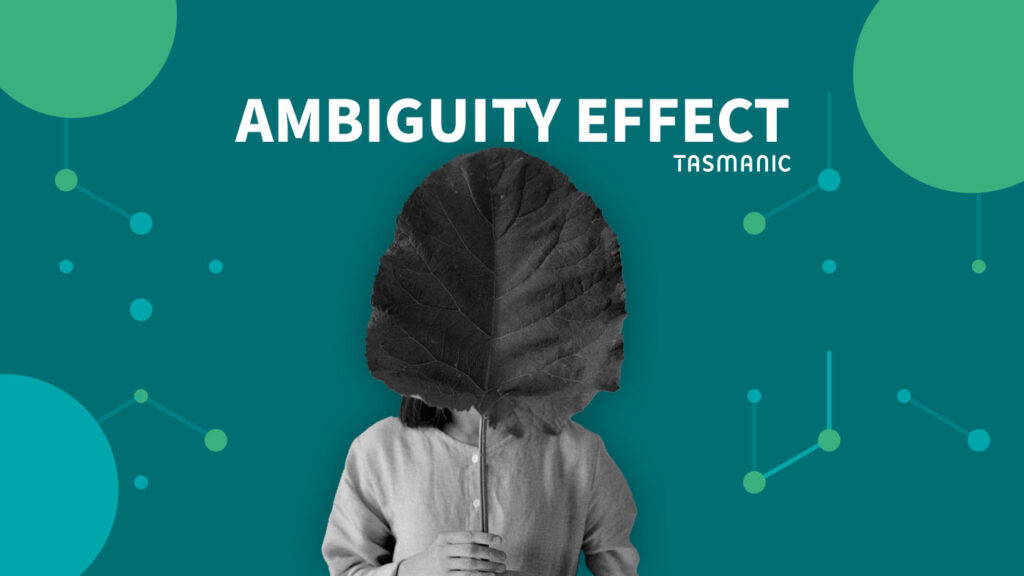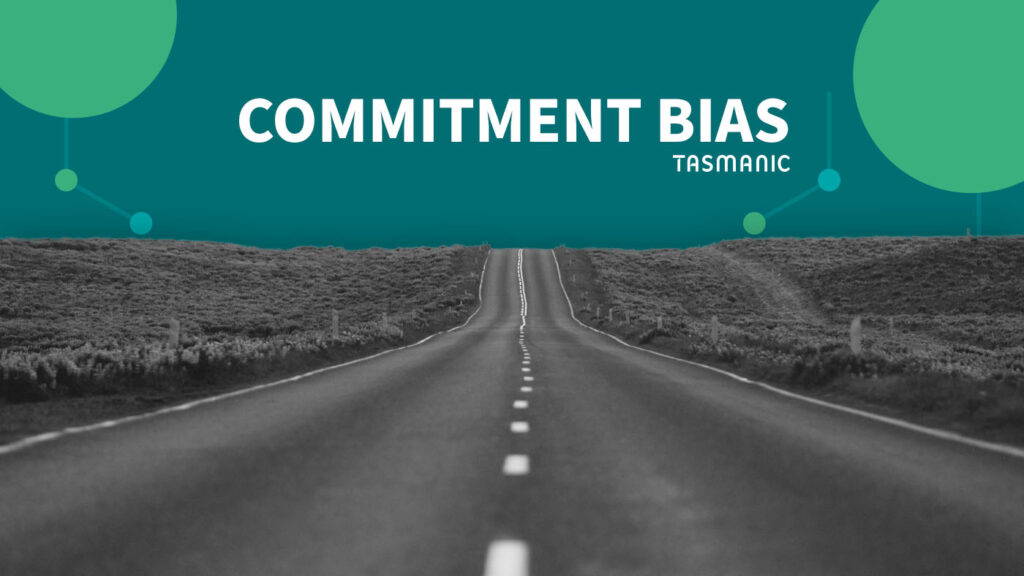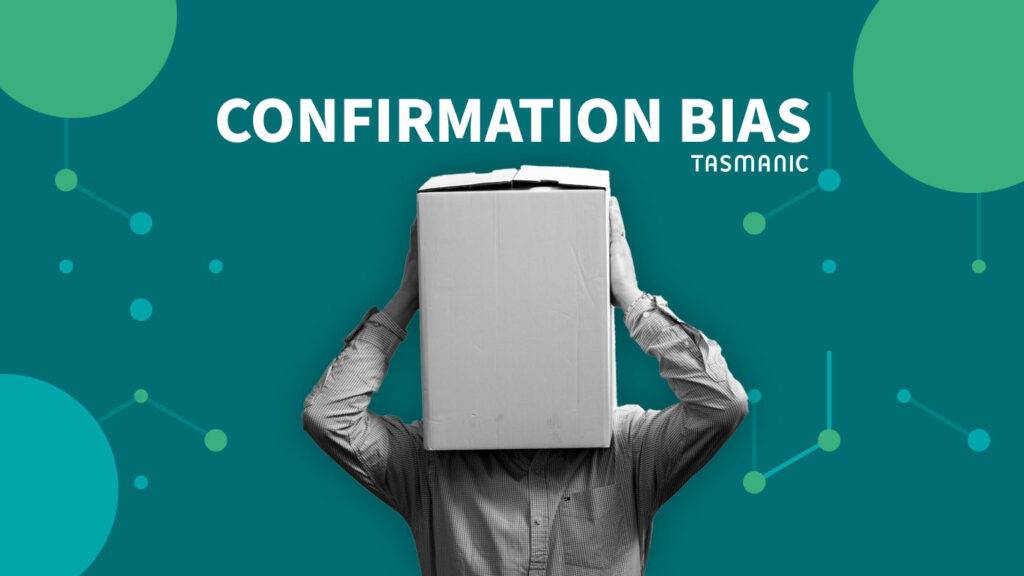
Last updated August 28, 2023
Introduction
Your client likes to be right. But so do you. You probably won't argue with that. That's because we all "suffer" from confirmation bias. What does that entail and how can you take it into account as an entrepreneur?
What is confirmation bias?
People have a preference for information that aligns with their beliefs and an aversion to information that contradicts their beliefs (Wason, 1960).
Confirmation bias is a cognitive fallacy in which we continually seek confirmation for the views we hold. We value information that matches our beliefs higher than information that doesn't, and we also don't mind interpreting information in such a way that it aligns well with our ideas. As a result, we no longer make rational decisions, because the fact that several people hold the same views as you does not mean that something is the truth. There is no room for dissent. This can give a polarized idea about a particular topic (Westerwick, Johnson & Knobloch-Westerwick, 2017). Confirmation bias is therefore more likely to lead to prejudice or even conspiracy theories.
Because of confirmation bias, you seek confirmation for your ideas, prefer to surround yourself with people who think the same as you and avoid opposing information. This also leads you to blindly rely on certain sources, remember only the information that is convenient for you, and follow people on social media who think the same as you. Even when there is well-founded counter-evidence, we prefer not to admit we are wrong. After all, that would lead to cognitive dissonance.
How does confirmation bias arise?
There are several theories as to why confirmation bias is so present in our brain. 3 very plausible ones:
- It saves time and energy when we have to think less and deeply and long about something
- It gives us self-esteem when we are "right
- It minimizes the feeling of cognitive dissonance
Examples in practice
- You signed up for a subscription with Hubspot. You ignore negative information about Hubspot from now on because you want to make sure you made the right choice.
- Through the algorithm of social media, you are constantly presented with information that matches your interests. If you follow someone who promotes sugar-free eating, then you will receive suggestions from other people who eat sugar-free and thus subconsciously get the idea that sugar-free eating is becoming pretty much the norm. This is called the "echo chamber" (Bessi, 2016).
- When you look up to your boss, you are not likely to believe stories about his dysfunction, abuse of power or fraud.
Avoiding the confirmation bias
Confirmation bias makes it more difficult to compromise, to look at an issue objectively, and above all to make good decisions. This is a big problem for an ambitious entrepreneur. Therefore, pay attention to the following:
- Be aware of the existence of confirmation bias and that you too are susceptible to it.
- Be open to both sides of a story by making a list of all the pros and cons when faced with a problem or difficulty in decision making so you can make an informed decision.
- Find as many dates as possible. 'People eat out often' is an opinion. Research by Ipsos shows that 32% of Dutch people eat out at least once a month is example of data that supports your opinion. Also look for data that could undermine your statement.
- Try to make a problem small so you can do an A/B test.
- Look for scientific evidence for statements. Pete78435345's Facebook post about COVID-19 does not have the same value as an article by a professor of epidemiology.
Using confirmation bias to your advantage
Know that your customers also face confirmation bias. You can respond to this as follows:
- Let customers know that you have a solution to the problem they are facing. They are more open to arguments that promise a solution.
- Ask a question that your client can answer affirmatively, such as: "Are you also always annoyed by...?"
- Name how many others or which famous people also use the product.
- Offer customers multiple opportunities to leave a review.
- Use stereotypes that work in your favor, such as Dutch stinginess. These stereotypes often fit like puzzle pieces into the overall image of your industry.
- After purchasing a product, show matching items that are also likely to interest the customer.
- After purchasing a product, confirm to customers that they made a good choice, provide any tips for use or discounts on a subsequent purchase.
Resources
Bessi, A. (2016). "Personality traits and echo chambers on facebook."Computers in Human Behavior, 65, 319-324.
Wason, P. (1960), "On the failure to eliminate hypotheses in a conceptual task," Quarterly Journal of Experimental Psychology, 12 (3): 129-140
Westerwick, A., Johnson, B. K., & Knobloch-Westerwick, S. (2017). "Confirmation biases in selective exposure to political online information: Source bias vs. content bias." Communication Monographs, 84(3), 343-364
Is your company missing opportunities?
Our pay is based on your results.















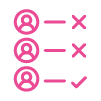

 Team
Team FAQ
FAQ Prices
Prices Vacancies
Vacancies Contact
Contact Marketing
Marketing SEO
SEO SEA
SEA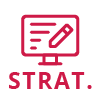 Strategy
Strategy Sales
Sales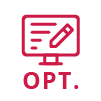 Optimization
Optimization AWR
AWR Ahrefs
Ahrefs Channable
Channable ContentKing
ContentKing Leadinfo
Leadinfo Optmyzr
Optmyzr Qooqie
Qooqie Hubspot
Hubspot Semrush
Semrush


